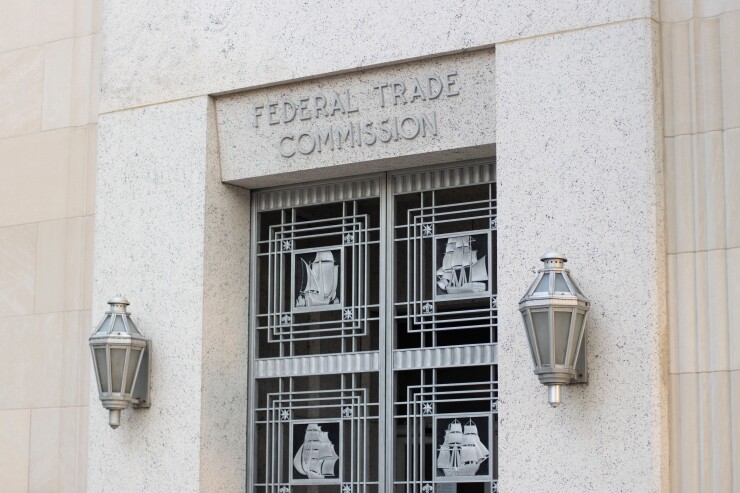Six months ago, the Federal Trade Commission
The FTC held a public forum through April 19 where any concerned parties could share their criticisms or support for the non-compete ban — 27,000 comments later, it was clear the FTC would have to put the brakes on their proposal, postponing the final vote to April 2024.
While supporters of the non-compete ban, like U.S. senators Sherrod Brown and Elizabeth Warren, argued the new rule would increase career mobility as well as
Read more:
"The rule includes an outright ban on virtually any type of non-compete agreement," says Jones. "What the FTC is proposing really raises the risk of there not being any sort of protection of trade secrets or confidential information."
With seemingly no exceptions, many employers are worried the FTC's non-compete ban would put their intellectual property at risk and stunt innovation. For example, small business owners feel the rule could be detrimental to their existence if previous employees can take trade secrets to a bigger employer, explains Jones. During the FTC's public comment period, many argued that the rule should at least make exceptions for employees with access to commercially valuable confidential information or the total ban should only apply to those who make below a specified income threshold.
There's even been debate about whether the FTC has the legal authority to pass and enforce a nationwide ban on non-competes, notes Jones. If the FTC does pass the rule, it's likely it will face legal challenges.
Read more:
However, Jones points out that a non-compete ban could be very beneficial for employees, who could freely seek employers offering more competitive pay within their field of expertise. In fact, the FTC estimates that their rule would impact 30 million Americans and increase wages by $300 billion nationwide. Notably, employees aren't the only ones in major support of the ban.
"I saw a lot of staffing agencies in support of the proposed rule because it allows for a free flow of talent," says Jones. "Instead of restricting individuals from taking on new jobs with greater financial benefits, [talent] can grow and explore other areas where they might not have under their current employers."
Jones also notes that a lot of the agreements, especially those signed by
Read more:
"Sometimes you'll read in an employment agreement, or some other sort of confidentiality agreement, and it defines confidential information to be so broad and so expansive, that it would encapsulate all of the information you would need in order to work in a specific space," says Jones. "Most employers will hire a lawyer to go and force the non-compete, and unless the employee hires counsel, the employer is going to win."
Four states have already passed non-compete restrictions on employers. Minnesota's law went into effect in July, while California, North Dakota and Oklahoma have had bans on non-competes since the 19th century. Other states stipulate that only employees making a certain amount are subject to non-compete agreements, while other states do not allow certain employers in industries like law and medicine to impose non-competes.
New York is next in line, with its non-compete ban waiting on a signature from Governor Hochul. If approved, the law would go into effect in 30 days. The New York proposal does provide stated exceptions for non-disclosure agreements that protect trade secrets and confidential information, as well as non-solicitation agreements, which prohibit employees from soliciting clients they gained access to during their employment.
Read more:
For the most part, the FTC's ban wouldn't impact non-disclosure and non-solicitation agreements — although the FTC made it clear if a non-disclosure agreement was too broad, encompassing general skills and information an employee would need to work in the same field, the agreement would be classified as a non-compete.
For Jones, it's clear a non-compete ban could help a lot of workers, and with certain parameters, be acceptable for more employers. While everyone waits to see if the FTC can make the non-compete ban a reality, he advises companies to reevaluate their non-compete clauses to ensure they are compliant with any state laws.
"It's too early to know what the rule is going to include or if there is even going to be a rule," says Jones. "Take stock of what you have and make sure it's reasonable and protects what your company actually needs it to protect."






